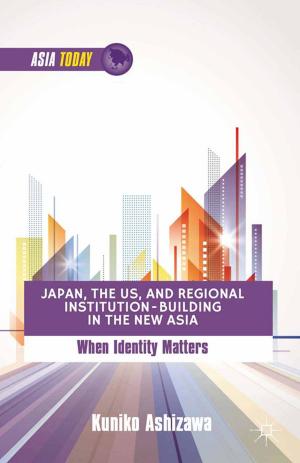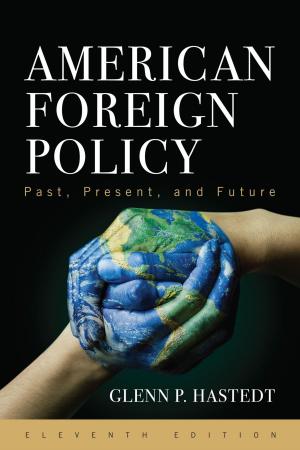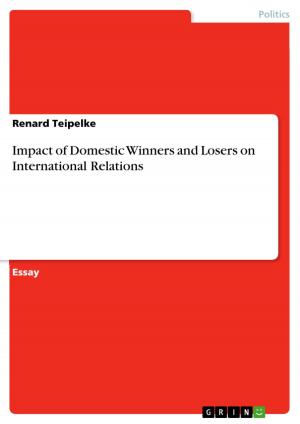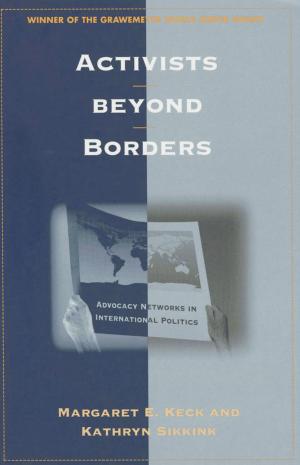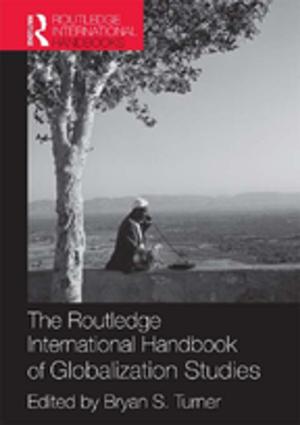The IMF and WTO. How does Geopolitics influence Global Finance and International Trade?
Nonfiction, Social & Cultural Studies, Political Science, Politics, Economic Conditions, Economic Policy, International, International Relations| Author: | Mi Park | ISBN: | 9781989043042 |
| Publisher: | Coal Harbour Publishing | Publication: | February 4, 2018 |
| Imprint: | Coal Harbour Publishing | Language: | English |
| Author: | Mi Park |
| ISBN: | 9781989043042 |
| Publisher: | Coal Harbour Publishing |
| Publication: | February 4, 2018 |
| Imprint: | Coal Harbour Publishing |
| Language: | English |
The IMF and WTO: Geopolitical Tools?
Global governance organizations such as the International Monetary Fund (IMF) and the Word Trade Organization (WTO) serve geopolitical objectives of powerful member states. From credit lending to free trade, geopolitical interests of powerful member states determine policy outcomes of the IMF and WTO. In response to power inequality embedded in global governance organizations, emerging economies such as the BRICS nations have established alternative governance organizations in the area of finance and trade. The current landscape of competing preferential trade blocs and multilateral financial institutions has resulted from geopolitical rivalry between nations around the world. What are the future prospects of global governance organizations and the complex web of financial and trade arrangements across nations? What are the implications of the competing trade and financial structures for inter-state relations and global civil society? Grappling with these questions, this book explores the implications and challenges rising from global power politics.
The IMF and WTO: Geopolitical Tools?
Global governance organizations such as the International Monetary Fund (IMF) and the Word Trade Organization (WTO) serve geopolitical objectives of powerful member states. From credit lending to free trade, geopolitical interests of powerful member states determine policy outcomes of the IMF and WTO. In response to power inequality embedded in global governance organizations, emerging economies such as the BRICS nations have established alternative governance organizations in the area of finance and trade. The current landscape of competing preferential trade blocs and multilateral financial institutions has resulted from geopolitical rivalry between nations around the world. What are the future prospects of global governance organizations and the complex web of financial and trade arrangements across nations? What are the implications of the competing trade and financial structures for inter-state relations and global civil society? Grappling with these questions, this book explores the implications and challenges rising from global power politics.



